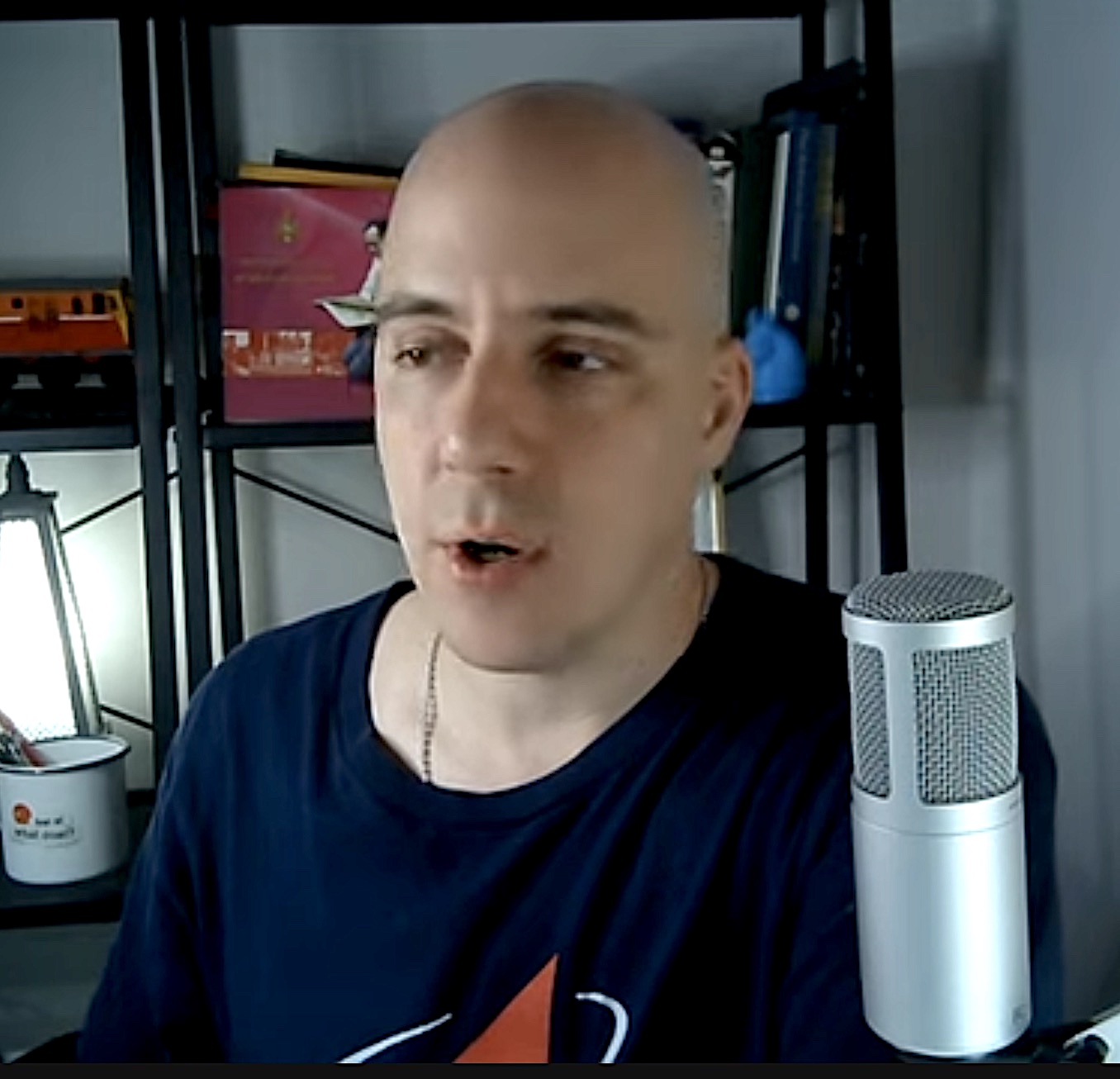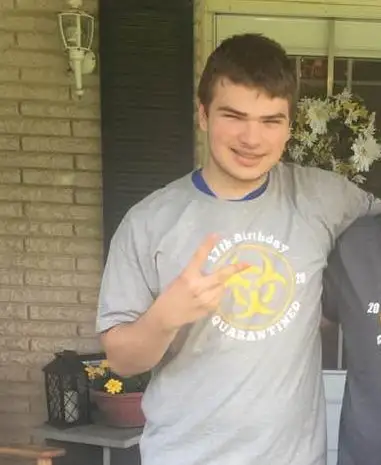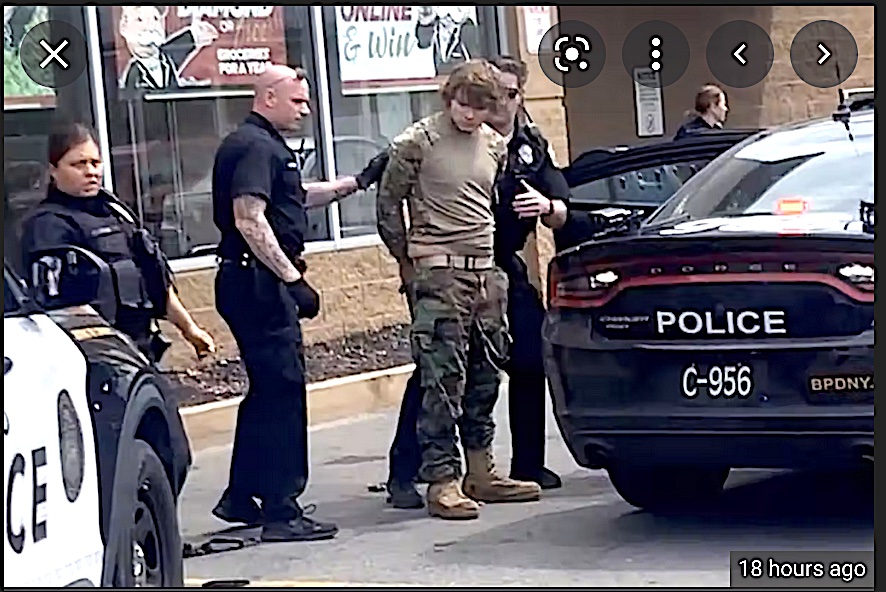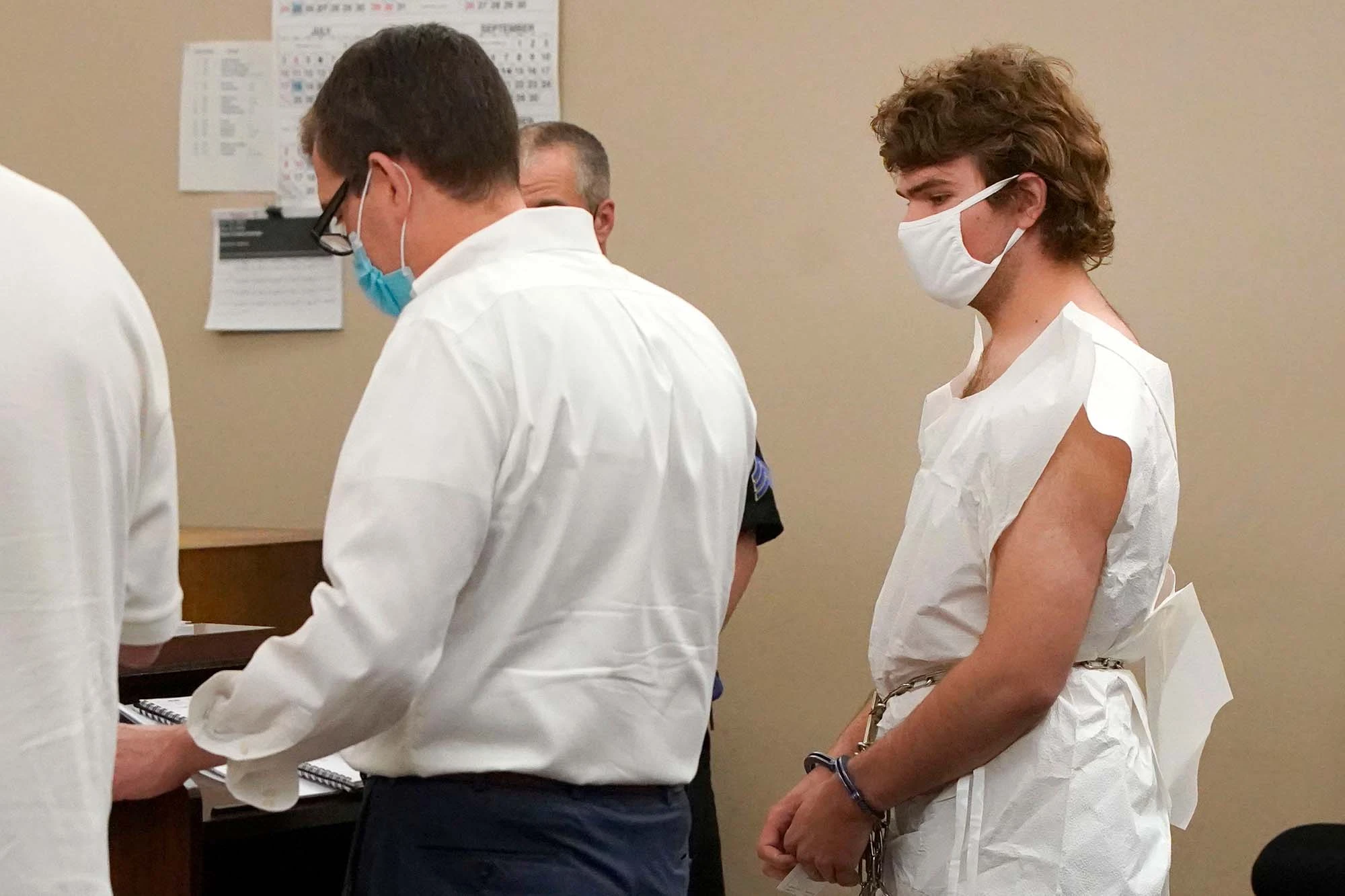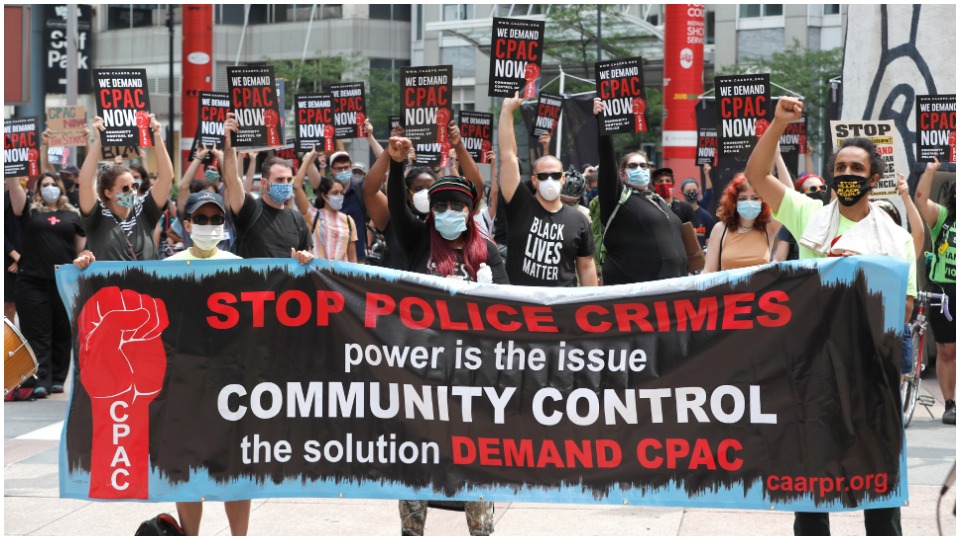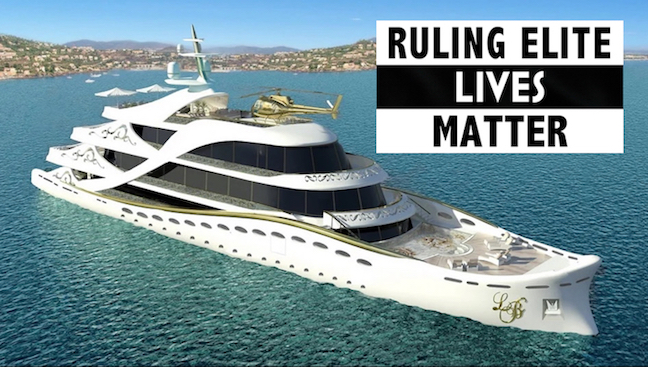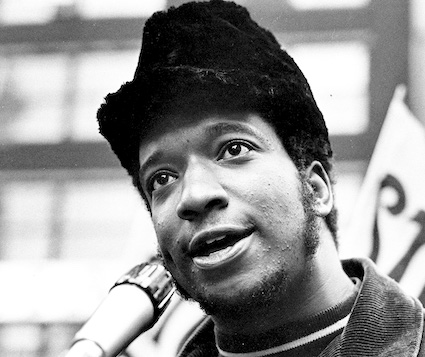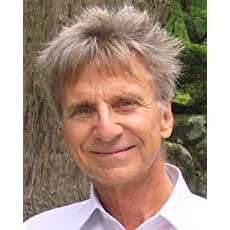PERU: OVERTHROW OF PRESIDENT CASTILLO EXPOSES THE RACE AND CLASS DIVIDE
DEFEAT CAPITALISM AND ITS DEADLY SPAWN, IMPERIALISM
ecological murder • By Francesca Emanuele
Council on Hemispheric Affairs
[gtranslate]
THE COVERAGE OF THIS TOPIC IS IN TWO PARTS.
Unfulfilled campaign promises, accusations of corruption, and even an attempted self-coup cannot turn the many supporters of Peruvian President Pedro Castillo against him. The president has probably ceased to represent hopes for change, but he still symbolizes —perhaps more now than ever— structural discrimination in Peru.
In Lima, the political, economic, and intellectual elites are intrigued. They wonder why the majority of Peruvians in the streets are demanding Castillo’s release. They are even more disconcerted by the minority that insists he be reinstated.
Disconcerted Elites
It is not surprising that the ruling class is disoriented. For decades they have been isolated from the rest of the country, moving about comfortably in Lima’s de facto Apartheid, perpetuating a dynamic that tends to dehumanize Indigenous, working-class Peruvians. So, it is only natural that they should be incredulous onlookers, incapable of interpreting the national reality.
They promote theories of “subversive affiliation,” accusing people of being “mercenaries” and “lacking intelligence” to explain the support Castillo enjoys. “Some protesters do not have the right information,” said a newscaster on Cuarto Poder, a Sunday news show known for spreading false accusations of electoral fraud against Castillo’s victory. They are “terrorists” and “hoodlums,” said several members of Congress who had pushed unconstitutional laws to reduce the number of votes required to remove the president. “They are funded by Congressman Guillermo Bermejo,” suggested the Minister of Defense, who has called out the army, thus doubling the amount of State violence meted out on the protesters.
27 Deaths so far
The wounded and each of the 27 persons killed by the police so far come from the low-income, Indigenous or peasant population.
Many of those who still support Castillo lack the titles and university degrees that the newscaster, the Minister, and un-democratic Congress members have. However, Castillo’s supporters show a refined understanding in realizing that the defense of the president is linked to their own lived experiences of discrimination, and above all, their future as a social group. Forgetting that the tragic circumstance of Castillo is intertwined with the assorted forms of racism that all these “second class” Peruvians have experienced, would be to deny their own history of oppression. Allowing the idea of the “rural teacher elected president” to be shattered would prevent other low-income Peruvians from attempting to enter the presidential elections. Fear of meeting the same fate would discourage humble, provincial politicians from running, making it more unlikely to ever break Lima’s central control and the patterns of exclusion in modern Peru.
Racism Against Indigenous Heritage
Adding to concerns about a dim future is the tremendous empathy the social groups that identify with this rural school teacher have with Castillo. During his short presidency, Castillo was subjected to various forms of racist stigma, unleashing a “mirror effect” among his sympathizers. He was called a “donkey” and a “cholo de mierda” (“damned Indian”). His opponents mocked his wife, Lilia Paredes, for how she dressed and spoke.
In Lima, the political, economic, and intellectual elites are intrigued. They wonder why the majority of Peruvians in the streets are demanding Castillo’s release. They are even more disconcerted by the minority that insists he be reinstated.It was natural for rural and Indigenous Peruvians to see themselves in him, even more so when the opposition constantly linked him to the phantom of the Shining Path guerrillas. The working class has been demonized with that false accusation for years. Precisely for this reason, conservative members of Congress repeated ad nauseum that Castillo was a “communist,” which meant he somehow was affiliated with a terrorist group. Little did it matter that early on the president had abandoned his progressive agenda, making it clear that he was not even a social democrat. In its endless efforts to depose him, the opposition organized dozens of protests under slogans like, “The Last Stand” and “Terrorism, Never Again!” These slogans evoked an atmosphere of civil war, “us against them,” that reverberated against the marginalized classes who knew they were “them”—the enemy.
The Judicial Branch of Government v. the Executive
The Peruvian system of justice played a key role in humiliating the president through lawfare—acting with unprecedented celerity, in contrast to its notorious sluggishness. The behavior of the Prosecutor’s Office was particularly aggressive. Prosecutor Patricia Benavides made history when she delivered the charges against President Castillo to Congress: this was the first time in the history of Peru that the Attorney General had filed constitutional charges against a sitting president. According to Benavides, Castillo was the leader of a “criminal organization” that hand-picked government contractors and took bribes for political appointments. Although superficially supported by evidence and legality, it was clear that it had political overtones, as she communicated this to the nation via a bizarre, televised press conference during which she seemed to call for his impeachment and removal from office.
Direct Attacks on Castillo’s Family
hospital. The Presidential Palace was also raided—unheard of treatment that did not happen even under administrations that stole tens of millions of dollars, such as that of former President Alan García. But perhaps the act that sparked the most outrage was that inflicted on Castillo’s daughter, when a judge remanded her to two and a half years of pretrial detention. Images of the young woman being arrested—without a trail—appeared in media outlets across the country, sending an unambiguous message of humiliation.
canceled by Mexican President Andrés Manuel López Obrador in protest. All indications were that the opposition in Congress was happy to tip the balance of powers and pass unconstitutional laws to subjugate the Executive, pushing toward his overthrow. Once they succeeded, they joyfully captured the moment with group selfies, immortalizing what they had been working towards over the past 17 months.
The Oligarchy Celebrates
In the eyes of Castillo’s supporters, this triumphalist celebration, the constant insults, the obstruction of presidential functions, and the abusive way that justice was served, all show that Peru is stuck in an oligarchical past. There is a ruling class that resists allowing the poor and working classes to be represented in the highest echelons of power. The lesson is: Even if such Peruvians managed to reach the highest political spheres, they would still be treated like inferiors.
rebellion,” which even the former dictator Alberto Fujimori could not be tried for, even after consummating his dictatorship with tanks in the streets.
One only needs to review recent history to see why tens of thousands of Peruvians, having given up the high hopes they were holding in Pedro Castillo, remain by his side. Not only do they identify with the racial injustices the president suffered—and his arbitrary imprisonment—they also feel orphaned by structures that keep political representation out of their reach. They look around and only see institutions controlled by authorities that despise them and are now ready to kill them to maintain the status quo. The inability of the elites to understand this fact only proves that the demands of the protesters are right. Maybe it is too much to ask the architects of this political and social tragedy in Peru to stop misinterpreting it.
ABOUT THE AUTHOR / SOURCE
PART TWO
PERU: CONGRESS TO ADVANCE ELECTIONS AS ANTI-COUP PROTESTS INTENSIFY
- By Tanya Wadhwa, People's Dispatch.
- December 26, 2022
- Resist!
Update: Peoples Dispatch reports from the ground in Peru where massive mobilizations are continuing in support of the ousted president Pedro Castillo. According to Peru’s National Human Rights Coordinator, as of December 23, 27 protesters had died because of violent repression by public security forces. What are the people demanding and what has been the new government’s response?
approved a bill to advance general elections to April 2024, and to conclude the presidential and legislative terms in July of the same year. The elections were originally scheduled for April 2026.
As it is a constitutional reform, in order to take effect, the bill must be ratified in a second vote in the coming months with at least 87 votes. This is the second time the Congress has voted on an early election proposal. Last week, on December 16, legislators rejected a bill that called for holding general elections in December 2023.
The decision to change the electoral calendar came following the call for further intensification of nationwide protests demanding the release and reinstatement of ousted left-wing President Pedro Castillo, the resignation of the de-facto President Dina Boluarte, the dissolution of the right-wing dominated unicameral Congress, fresh parliamentary elections, and the establishment of a Constituent Assembly to change the country’s 1993 Constitution. On Monday, December 19, several Indigenous, peasant, and social movements from Apurímac, Arequipa, Ayacucho, and Puno regions, among others, called on the citizens to strengthen strikes and reinforce roadblocks across the country, beginning December 20.
The legislators of the left-wing Free Peru party, which sponsored Castillo’s presidential candidacy in 2021, voted against the bill and insisted on their demand to call for Constituent Assembly elections alongside the next general elections. In the vote last week, the Free Peru legislators abstained from voting, putting forth this demand.
According to an opinion poll released on December 18 and conducted by the polling agency IPSOS Peru, 85% of citizens are in favor of bringing general elections forward and 62% are in favor of political reform before the next elections to resolve the long-standing socio-political crisis in the country.
Coup, Resistance, Repression
Castillo, a 53-year-old former rural school teacher and union leader, was overthrown in a legislative coup carried out by the right-wing opposition majority Congress on December 7, after he tried to dissolve Congress and rule by decree. He was swiftly arrested following his dismissal for allegedly “breaching constitutional order.” On December 12, the Congress, controlled by Peru’s traditional political elites who have felt threatened since his electoral victory, approved a bill to deprive Castillo of his presidential immunity, enabling the Prosecutor’s Office to criminally prosecute him. On December 15, the Peruvian judiciary accepted the Prosecutor’s Office’s request for the extension of Castillo’s preventive detention to 18 months.
Castillo’s forcible removal and illegal arrest brought tens of thousands of citizens, mostly those from the long-neglected countryside of Peru who feel deeply represented by Castillo, into the streets demanding structural changes to the country’s political system. For the past two weeks, since December 7, Indigenous and peasant communities, popular movements, social organizations, student associations, and trade unions have been organizing demonstrations and roadblocks and occupying local airports in different parts of the country.
The Boluarte government has responded to this social uprising with a strong security clampdown, including the declaration of a state of emergency at the national level and deployment of armed soldiers and police officials. According to Peru’s National Human Rights Coordinator (CNDDHH), in the past 15 days of anti-coup protests, 27 protesters have died as a result of violent repression by public security forces, in addition to 60 serious hospitalizations and 113 arbitrary arrests.
The de-facto government’s repressive policies have been condemned by numerous political and social leaders as well as national and international human rights organizations.
On December 20, a delegation from the Inter-American Commission on Human Rights (IACHR) arrived in the capital Lima to meet with authorities and human rights organizations as part of a fact-finding mission on the volatile political situation.
Oligarchic power is being resisted everywhere: Below, Frabce.
Shall we wait for some actors and actresses to cut their hair in support of the 'peaceful protesters' in #Paris? pic.twitter.com/XpzAkRKpzm
— tim anderson (@timand2037) December 27, 2022
#Apurimac | En #Andahuaylas una gran concentración de manifestantes iniciaron una protesta y marcharon por las principales calles de la ciudad. Negocios y transporte paralizaron sus actividades.
📹Contacto Directo / #VocesComunitarias pic.twitter.com/iqPnnqm2ZK
— 🇵🇪 Wayka📢 (@WaykaPeru) December 21, 2022
Lima plaza San Martín horas atrás pic.twitter.com/6m9jXs8AlK
— jose fernando (@josesoto198552) December 21, 2022
Boluarte’s First Cabinet Reshuffle
swore in her former Defense Minister Luis Alberto Otárola as the new Prime Minister and the head of her Council of Ministers.
On December 19, Boluarte had announced that she would reshuffle the cabinet and dismiss Prosecutor Pedro Miguel Angulo from the position of prime minister, arguing that she was looking for someone who not only has institutional knowledge but is also “a little more political to be able to face social protests.”
Boluarte appointed Army General Jorge Luis Chávez as her new Defense Minister, who also led this ministry during the administration of former President Martin Vizcarra (2018–2020).
Boluarte also appointed Óscar Manuel Becerra as the new Education Minister and Leslie Urteaga Peña as the new Culture Minister, replacing Patricia Correa and Jair Pérez, respectively, who resigned from their positions on December 16, following the massacre of seven protesters in Ayacucho at the hands of security forces the day before.
Boluarte also swore in Víctor Rojas Herrera as the new Interior Minister, replacing César Cervantes.
tweeted Cerrón.
Twitter.
Boluarte’s Conflict With Mexico
The Boluarte administration’s handling of the protests has also been criticized by the heads of state of several Latin American countries.
Mexican President Andrés Manuel López Obrador is among those who have explicitly expressed support for Castillo, and repeatedly called on Peruvian authorities “to respect human rights and not to repress the people.”
On December 20, President López Obrador, during his morning press conference, said that “the doors of Mexico are open for Pedro Castillo, his family, and all those who feel harassed or persecuted in Peru.”
Hours later, Mexican Foreign Minister Marcelo Ebrard announced that the Mexican government had granted asylum to Castillo’s wife Lilia Paredes and their two minor children, who had sought refuge at Mexico’s embassy in Lima.
Following this, the Boluarte government expelled Mexican Ambassador Pablo Monroy Conesa, declaring him a “persona non grata” and giving him 72 hours to leave the country, in protest against what the administration said was Mexico’s “repeated” and “unacceptable interference” in Peru’s internal affairs.
Mexican Foreign Minister Ebrard described the decision of the Peruvian government as “unfounded and reprehensible.” Later, through a statement, the Foreign Ministry instructed Monroy Conesa to return to Mexico “in order to protect his safety and physical integrity.”
On December 22, Monroy Conesa, accompanied by Castillo’s wife Lilia Paredes and her son and daughter, arrived in Mexico, where they will reside as political refugees.
Meanwhile, President López Obrador said that Mexico is determined to maintain diplomatic relations with Peru, “because we need to maintain our embassy to provide protection to Mexicans who reside, work, and live in Peru, among other reasons.”
Lilia Paredes , Arnold y Alondra Castillo en el Aeropuerto de la Ciudad de México a su arribo procedentes de Lima , Perú. pic.twitter.com/UkjGpRLEdg
— Marcelo Ebrard C. (@m_ebrard) December 21, 2022
ABOUT THE AUTHOR
Unfulfilled campaign promises, accusations of corruption, and even an attempted self-coup cannot turn the many supporters of Peruvian President Pedro Castillo against him. The president has probably ceased to represent hopes for change, but he still symbolizes —perhaps more now than ever— structural discrimination in Peru.
In Lima, the political, economic, and intellectual elites are intrigued. They wonder why the majority of Peruvians in the streets are demanding Castillo’s release. They are even more disconcerted by the minority that insists he be reinstated.
Disconcerted Elites
It is not surprising that the ruling class is disoriented. For decades they have been isolated from the rest of the country, moving about comfortably in Lima’s de facto Apartheid, perpetuating a dynamic that tends to dehumanize Indigenous, working-class Peruvians. So, it is only natural that they should be incredulous onlookers, incapable of interpreting the national reality.
They promote theories of “subversive affiliation,” accusing people of being “mercenaries” and “lacking intelligence” to explain the support Castillo enjoys. “Some protesters do not have the right information,” said a newscaster on Cuarto Poder, a Sunday news show known for spreading false accusations of electoral fraud against Castillo’s victory. They are “terrorists” and “hoodlums,” said several members of Congress who had pushed unconstitutional laws to reduce the number of votes required to remove the president. “They are funded by Congressman Guillermo Bermejo,” suggested the Minister of Defense, who has called out the army, thus doubling the amount of State violence meted out on the protesters.
27 Deaths so far
The wounded and each of the 27 persons killed by the police so far come from the low-income, Indigenous or peasant population.
Many of those who still support Castillo lack the titles and university degrees that the newscaster, the Minister, and un-democratic Congress members have. However, Castillo’s supporters show a refined understanding in realizing that the defense of the president is linked to their own lived experiences of discrimination, and above all, their future as a social group. Forgetting that the tragic circumstance of Castillo is intertwined with the assorted forms of racism that all these “second class” Peruvians have experienced, would be to deny their own history of oppression. Allowing the idea of the “rural teacher elected president” to be shattered would prevent other low-income Peruvians from attempting to enter the presidential elections. Fear of meeting the same fate would discourage humble, provincial politicians from running, making it more unlikely to ever break Lima’s central control and the patterns of exclusion in modern Peru.
Racism Against Indigenous Heritage
Adding to concerns about a dim future is the tremendous empathy the social groups that identify with this rural school teacher have with Castillo. During his short presidency, Castillo was subjected to various forms of racist stigma, unleashing a “mirror effect” among his sympathizers. He was called a “donkey” and a “cholo de mierda” (“damned Indian”). His opponents mocked his wife, Lilia Paredes, for how she dressed and spoke.
The Judicial Branch of Government v. the Executive
The Peruvian system of justice played a key role in humiliating the president through lawfare—acting with unprecedented celerity, in contrast to its notorious sluggishness. The behavior of the Prosecutor’s Office was particularly aggressive. Prosecutor Patricia Benavides made history when she delivered the charges against President Castillo to Congress: this was the first time in the history of Peru that the Attorney General had filed constitutional charges against a sitting president. According to Benavides, Castillo was the leader of a “criminal organization” that hand-picked government contractors and took bribes for political appointments. Although superficially supported by evidence and legality, it was clear that it had political overtones, as she communicated this to the nation via a bizarre, televised press conference during which she seemed to call for his impeachment and removal from office.
Direct Attacks on Castillo’s Family
hospital. The Presidential Palace was also raided—unheard of treatment that did not happen even under administrations that stole tens of millions of dollars, such as that of former President Alan García. But perhaps the act that sparked the most outrage was that inflicted on Castillo’s daughter, when a judge remanded her to two and a half years of pretrial detention. Images of the young woman being arrested—without a trail—appeared in media outlets across the country, sending an unambiguous message of humiliation.
canceled by Mexican President Andrés Manuel López Obrador in protest. All indications were that the opposition in Congress was happy to tip the balance of powers and pass unconstitutional laws to subjugate the Executive, pushing toward his overthrow. Once they succeeded, they joyfully captured the moment with group selfies, immortalizing what they had been working towards over the past 17 months.
The Oligarchy Celebrates
In the eyes of Castillo’s supporters, this triumphalist celebration, the constant insults, the obstruction of presidential functions, and the abusive way that justice was served, all show that Peru is stuck in an oligarchical past. There is a ruling class that resists allowing the poor and working classes to be represented in the highest echelons of power. The lesson is: Even if such Peruvians managed to reach the highest political spheres, they would still be treated like inferiors.
rebellion,” which even the former dictator Alberto Fujimori could not be tried for, even after consummating his dictatorship with tanks in the streets.
One only needs to review recent history to see why tens of thousands of Peruvians, having given up the high hopes they were holding in Pedro Castillo, remain by his side. Not only do they identify with the racial injustices the president suffered—and his arbitrary imprisonment—they also feel orphaned by structures that keep political representation out of their reach. They look around and only see institutions controlled by authorities that despise them and are now ready to kill them to maintain the status quo. The inability of the elites to understand this fact only proves that the demands of the protesters are right. Maybe it is too much to ask the architects of this political and social tragedy in Peru to stop misinterpreting it.
PERU: CONGRESS TO ADVANCE ELECTIONS AS ANTI-COUP PROTESTS INTENSIFY
- By Tanya Wadhwa, People's Dispatch.
- December 26, 2022
- Resist!
Update: Peoples Dispatch reports from the ground in Peru where massive mobilizations are continuing in support of the ousted president Pedro Castillo. According to Peru’s National Human Rights Coordinator, as of December 23, 27 protesters had died because of violent repression by public security forces. What are the people demanding and what has been the new government’s response?
approved a bill to advance general elections to April 2024, and to conclude the presidential and legislative terms in July of the same year. The elections were originally scheduled for April 2026.
As it is a constitutional reform, in order to take effect, the bill must be ratified in a second vote in the coming months with at least 87 votes. This is the second time the Congress has voted on an early election proposal. Last week, on December 16, legislators rejected a bill that called for holding general elections in December 2023.
The decision to change the electoral calendar came following the call for further intensification of nationwide protests demanding the release and reinstatement of ousted left-wing President Pedro Castillo, the resignation of the de-facto President Dina Boluarte, the dissolution of the right-wing dominated unicameral Congress, fresh parliamentary elections, and the establishment of a Constituent Assembly to change the country’s 1993 Constitution. On Monday, December 19, several Indigenous, peasant, and social movements from Apurímac, Arequipa, Ayacucho, and Puno regions, among others, called on the citizens to strengthen strikes and reinforce roadblocks across the country, beginning December 20.
The legislators of the left-wing Free Peru party, which sponsored Castillo’s presidential candidacy in 2021, voted against the bill and insisted on their demand to call for Constituent Assembly elections alongside the next general elections. In the vote last week, the Free Peru legislators abstained from voting, putting forth this demand.
According to an opinion poll released on December 18 and conducted by the polling agency IPSOS Peru, 85% of citizens are in favor of bringing general elections forward and 62% are in favor of political reform before the next elections to resolve the long-standing socio-political crisis in the country.
Coup, Resistance, Repression
Castillo, a 53-year-old former rural school teacher and union leader, was overthrown in a legislative coup carried out by the right-wing opposition majority Congress on December 7, after he tried to dissolve Congress and rule by decree. He was swiftly arrested following his dismissal for allegedly “breaching constitutional order.” On December 12, the Congress, controlled by Peru’s traditional political elites who have felt threatened since his electoral victory, approved a bill to deprive Castillo of his presidential immunity, enabling the Prosecutor’s Office to criminally prosecute him. On December 15, the Peruvian judiciary accepted the Prosecutor’s Office’s request for the extension of Castillo’s preventive detention to 18 months.
Castillo’s forcible removal and illegal arrest brought tens of thousands of citizens, mostly those from the long-neglected countryside of Peru who feel deeply represented by Castillo, into the streets demanding structural changes to the country’s political system. For the past two weeks, since December 7, Indigenous and peasant communities, popular movements, social organizations, student associations, and trade unions have been organizing demonstrations and roadblocks and occupying local airports in different parts of the country.
The Boluarte government has responded to this social uprising with a strong security clampdown, including the declaration of a state of emergency at the national level and deployment of armed soldiers and police officials. According to Peru’s National Human Rights Coordinator (CNDDHH), in the past 15 days of anti-coup protests, 27 protesters have died as a result of violent repression by public security forces, in addition to 60 serious hospitalizations and 113 arbitrary arrests.
The de-facto government’s repressive policies have been condemned by numerous political and social leaders as well as national and international human rights organizations.
On December 20, a delegation from the Inter-American Commission on Human Rights (IACHR) arrived in the capital Lima to meet with authorities and human rights organizations as part of a fact-finding mission on the volatile political situation.
Oligarchic power is being resisted everywhere: Below, Frabce.
Shall we wait for some actors and actresses to cut their hair in support of the 'peaceful protesters' in #Paris? pic.twitter.com/XpzAkRKpzm
— tim anderson (@timand2037) December 27, 2022
#Apurimac | En #Andahuaylas una gran concentración de manifestantes iniciaron una protesta y marcharon por las principales calles de la ciudad. Negocios y transporte paralizaron sus actividades.
📹Contacto Directo / #VocesComunitarias pic.twitter.com/iqPnnqm2ZK
— 🇵🇪 Wayka📢 (@WaykaPeru) December 21, 2022
Lima plaza San Martín horas atrás pic.twitter.com/6m9jXs8AlK
— jose fernando (@josesoto198552) December 21, 2022
Boluarte’s First Cabinet Reshuffle
swore in her former Defense Minister Luis Alberto Otárola as the new Prime Minister and the head of her Council of Ministers.
On December 19, Boluarte had announced that she would reshuffle the cabinet and dismiss Prosecutor Pedro Miguel Angulo from the position of prime minister, arguing that she was looking for someone who not only has institutional knowledge but is also “a little more political to be able to face social protests.”
Boluarte appointed Army General Jorge Luis Chávez as her new Defense Minister, who also led this ministry during the administration of former President Martin Vizcarra (2018–2020).
Boluarte also appointed Óscar Manuel Becerra as the new Education Minister and Leslie Urteaga Peña as the new Culture Minister, replacing Patricia Correa and Jair Pérez, respectively, who resigned from their positions on December 16, following the massacre of seven protesters in Ayacucho at the hands of security forces the day before.
Boluarte also swore in Víctor Rojas Herrera as the new Interior Minister, replacing César Cervantes.
tweeted Cerrón.
Twitter.
Boluarte’s Conflict With Mexico
The Boluarte administration’s handling of the protests has also been criticized by the heads of state of several Latin American countries.
Mexican President Andrés Manuel López Obrador is among those who have explicitly expressed support for Castillo, and repeatedly called on Peruvian authorities “to respect human rights and not to repress the people.”
On December 20, President López Obrador, during his morning press conference, said that “the doors of Mexico are open for Pedro Castillo, his family, and all those who feel harassed or persecuted in Peru.”
Hours later, Mexican Foreign Minister Marcelo Ebrard announced that the Mexican government had granted asylum to Castillo’s wife Lilia Paredes and their two minor children, who had sought refuge at Mexico’s embassy in Lima.
Following this, the Boluarte government expelled Mexican Ambassador Pablo Monroy Conesa, declaring him a “persona non grata” and giving him 72 hours to leave the country, in protest against what the administration said was Mexico’s “repeated” and “unacceptable interference” in Peru’s internal affairs.
Mexican Foreign Minister Ebrard described the decision of the Peruvian government as “unfounded and reprehensible.” Later, through a statement, the Foreign Ministry instructed Monroy Conesa to return to Mexico “in order to protect his safety and physical integrity.”
On December 22, Monroy Conesa, accompanied by Castillo’s wife Lilia Paredes and her son and daughter, arrived in Mexico, where they will reside as political refugees.
Meanwhile, President López Obrador said that Mexico is determined to maintain diplomatic relations with Peru, “because we need to maintain our embassy to provide protection to Mexicans who reside, work, and live in Peru, among other reasons.”
Lilia Paredes , Arnold y Alondra Castillo en el Aeropuerto de la Ciudad de México a su arribo procedentes de Lima , Perú. pic.twitter.com/UkjGpRLEdg
— Marcelo Ebrard C. (@m_ebrard) December 21, 2022
Print this article
Unfortunately, most people take this site for granted.
DONATIONS HAVE ALMOST DRIED UP…
PLEASE send what you can today!
JUST USE THE BUTTON BELOW
[/su_spoiler]
![]() Don’t forget to sign up for our FREE bulletin. Get The Greanville Post in your mailbox every few days.
Don’t forget to sign up for our FREE bulletin. Get The Greanville Post in your mailbox every few days.
[newsletter_form]
[premium_newsticker id=”211406″]

This work is licensed under a Creative Commons Attribution-NonCommercial 4.0 International License





